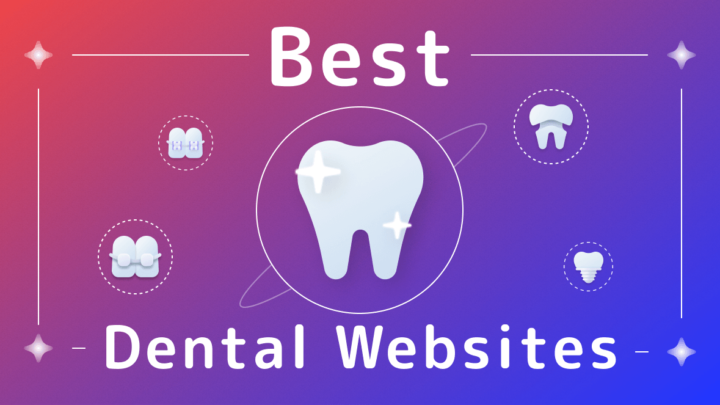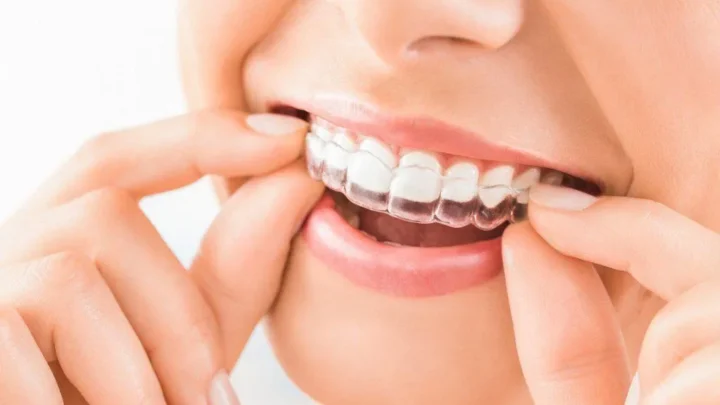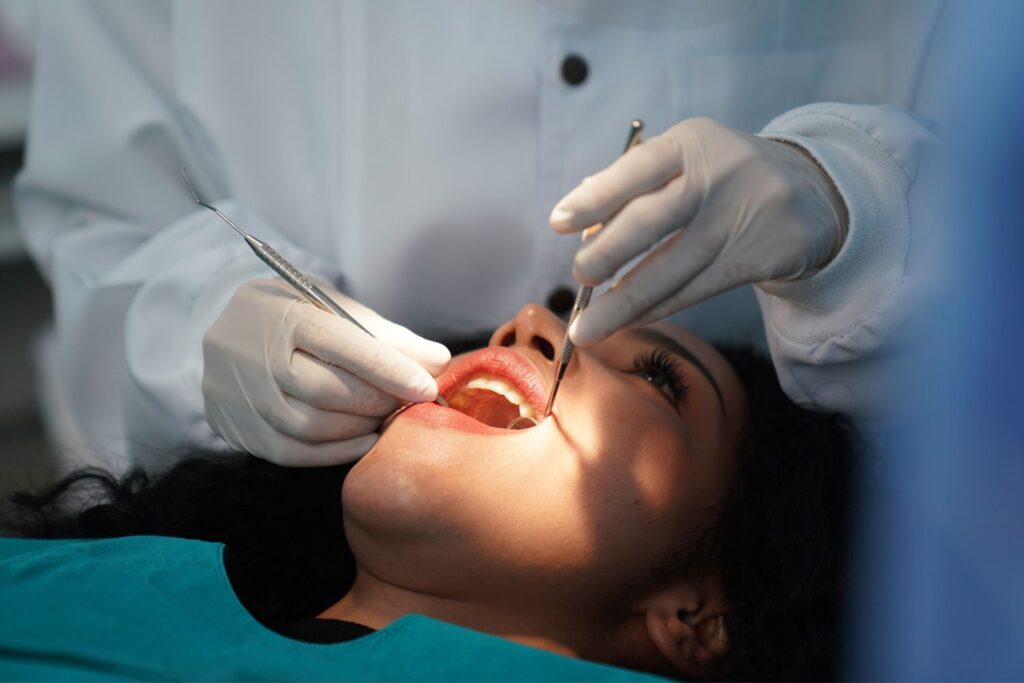Introduction
The journey towards a straighter smile often involves more than just physical changes. For many individuals seeking braces Balwyn and beyond, the psychological impact of orthodontic treatment plays a significant role in their overall experience. Understanding these emotional aspects can help people better prepare for their orthodontic journey.
The Complex Relationship Between Dental Health and Mental Wellbeing
Research has consistently shown that dental health and mental wellbeing are closely interconnected, with oral health improvements often leading to enhanced psychological outcomes. When individuals begin their orthodontic treatment journey, they embark on a path that can significantly influence their self-perception and social interactions.
Initial Challenges and Adjustments
The decision to get braces Balwyn or in any location requires careful consideration of both physical and emotional factors. During the early stages of treatment, patients typically experience a period of adjustment that can affect various aspects of their daily lives:

- Speech adaptation and communication changes
- Dietary modifications
- Social interaction adjustments
- Initial self-consciousness about appearance
Understanding the Psychological Journey
Recent studies exploring the psychological effects of orthodontic treatment have revealed fascinating insights into how individuals cope with and adapt to their braces. While many assume that orthodontic treatment automatically leads to improved self-esteem, research suggests that the relationship between braces and confidence is more nuanced.
Social Support During Treatment
The role of social support systems during orthodontic treatment cannot be understated. Family members, friends, and healthcare providers all contribute to creating a supportive environment that can help individuals navigate the emotional aspects of wearing braces. This support network often proves crucial in maintaining motivation and positive outlook throughout the treatment process.
Managing Expectations and Progress
Throughout orthodontic treatment, patients often experience varying levels of satisfaction with their progress. Understanding that transformation takes time helps individuals maintain realistic expectations. The gradual nature of orthodontic treatment requires patience, but each adjustment appointment brings patients closer to their desired outcome.
Building Resilience Through Treatment
The orthodontic journey often contributes to personal growth and increased resilience. Many individuals discover inner strength they didn’t realise they possessed, developing valuable coping mechanisms that serve them well beyond their treatment period. This personal development can manifest in various ways:
- Enhanced self-care routines
- Improved discipline in maintaining oral hygiene
- Greater appreciation for long-term health investments
- Developed patience and perseverance
The Role of Professional Support
Healthcare providers play a crucial role in supporting patients through their orthodontic journey. Regular check-ups provide opportunities not only for physical adjustments but also for addressing any psychological concerns that may arise during treatment. This comprehensive approach to care helps ensure optimal outcomes for patients.
Professional and Social Benefits
The impact of orthodontic treatment often extends into professional and social spheres. Many individuals report feeling more confident in professional settings and social interactions following treatment. This improved self-assurance can lead to positive changes in various aspects of life, from career advancement to personal relationships.
Conclusion
The psychological impact of braces extends far beyond mere aesthetic improvements. While the physical transformation is significant, the emotional journey and personal growth experienced during treatment can be equally valuable. Understanding and acknowledging these psychological aspects helps create a more supportive and effective treatment environment for individuals pursuing orthodontic care.
For those considering orthodontic treatment, recognising that the journey involves both physical and emotional elements can help in better preparing for the experience. With proper support and understanding, the path to a straighter smile can become an empowering journey of self-discovery and personal growth.
Any surgical or invasive procedure carries risks. Before proceeding you should seek a second opinion from an appropriately qualified health practitioner.










